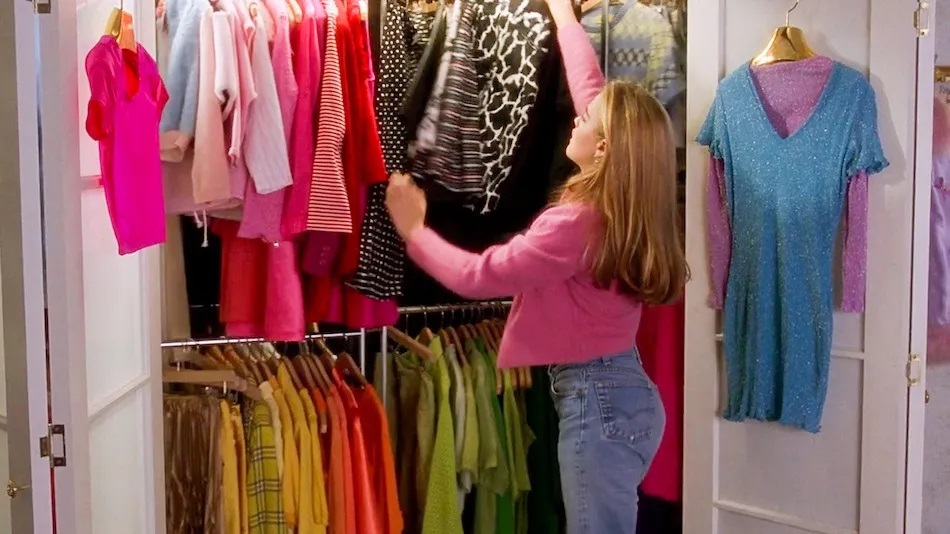Our clothing choices can tell a lot about us. They can reflect our personality, cultural background, social status, and even our beliefs and political views. Fashion is a form of self-expression, and it is a powerful tool that allows us to communicate our personal narratives and values.

The Power of Clothing
Clothing has been used as a means of communication for centuries. From ancient civilizations to modern times, people have used clothing to express their identity and status. In some cultures, clothing is a symbol of social hierarchy, while in others, it is a way to celebrate tradition and heritage.
Today, fashion is more accessible than ever before, and it is a way for people to express themselves in a unique and personal way. Clothing allows us to tell our stories without saying a word, and it can help us connect with others who share our values and beliefs.
Personal Narratives and Values
Each of us has a unique story to tell, and our clothing choices can help us express that story. For example, someone who values sustainability and eco-friendliness may choose to wear clothes made from organic materials or recycled fabrics. On the other hand, someone who values luxury and glamour may choose to wear designer clothing and accessories.
Our clothing choices can also reflect our cultural identity and heritage. For example, someone who is proud of their African roots may choose to wear traditional African clothing or incorporate African prints and patterns into their outfits. Similarly, someone who is passionate about their religion may choose to wear clothing that reflects their beliefs, such as a hijab or a kippah.
The Impact of Fashion on Society
Fashion is not just a personal choice; it also has a significant impact on society as a whole. Clothing trends can influence our perceptions of beauty, gender roles, and social norms. For example, the rise of androgynous fashion has challenged traditional gender roles and opened up new possibilities for self-expression.
Fashion can also be a platform for social and political activism. Clothing has been used to protest against discrimination and inequality, and it has been a powerful tool for marginalized communities to assert their identity and demand recognition.
Our clothing choices are more than just a matter of style; they are a reflection of our personal narratives and values. Fashion is a form of storytelling that allows us to express ourselves and connect with others who share our beliefs. Whether we are wearing traditional clothing to celebrate our heritage or using fashion as a tool for activism, clothing has the power to shape our identity and influence our society.

